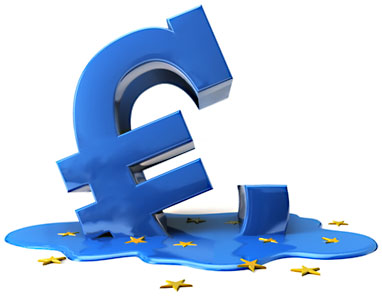Now that big depositors in Cyprus’s banks have been told they’re going to lose a huge chunk of their money, what’s next? Dutch Finance Minister Jeroen Dijsselbloem, who  heads the Eurogroup of eurozone finance ministers, says this might be the right template for dealing with future bank failures:
heads the Eurogroup of eurozone finance ministers, says this might be the right template for dealing with future bank failures:
“If there is a risk in a bank, our first question should be ‘Okay, what are you in the bank going to do about that? What can you do to recapitalise yourself?’. If the bank can’t do it, then we’ll talk to the shareholders and the bondholders, we’ll ask them to contribute in recapitalising the bank, and if necessary the uninsured deposit holders,” he said
….”If we want to have a healthy, sound financial sector, the only way is to say, ‘Look, there where you take on the risks, you must deal with them, and if you can’t deal with them, then you shouldn’t have taken them on,'” he said.
In one sense, Dijsselbloem is just saying the obvious: uninsured deposits are uninsured deposits. If a bank fails, you might lose some or all of the money you’ve deposited there.
In a way, this is a laudable reminder that you should be careful about where you put your money. On the other hand, telling everyone that, hey, what happened in Cyprus might happen again in Spain, or Portugal, or Greece, seems almost deliberately designed to create a huge bank run. At least, that’s how everyone took it. As a result, Dijsselbloem quickly released a very brief statement: “Macro-economic adjustment programmes are tailor-made to the situation of the country concerned and no models or templates are used.”
We’ll see if that helps. The problem is that Dijsselbloem pretty obviously meant what he said, and no one has rushed out to say otherwise. What’s more, as we all know, banking crises and sovereign debt crises are inextricably connected. Bank runs from big depositors would almost certainly lead to further sovereign debt crises, which obviously couldn’t be solved by going after big bank deposits. At its heart, then, this is just a reminder that Europe’s problems are far from over because it has so far refused to deal with its core issues of capital flows in a fixed exchange rate area. There’s no telling which trouble spot will erupt next—there are too many to choose from—but erupt it will. One of these days, Angela Merkel is going to have to level with her constituents about exactly what this means.













